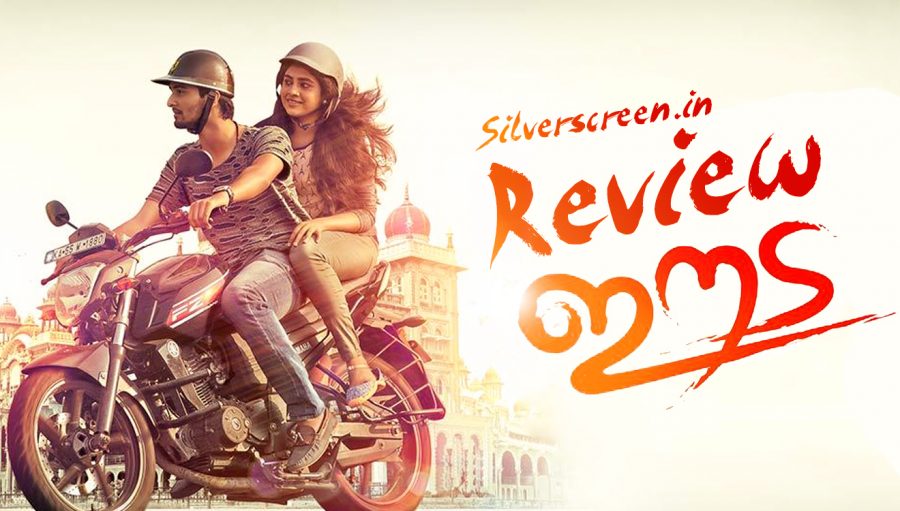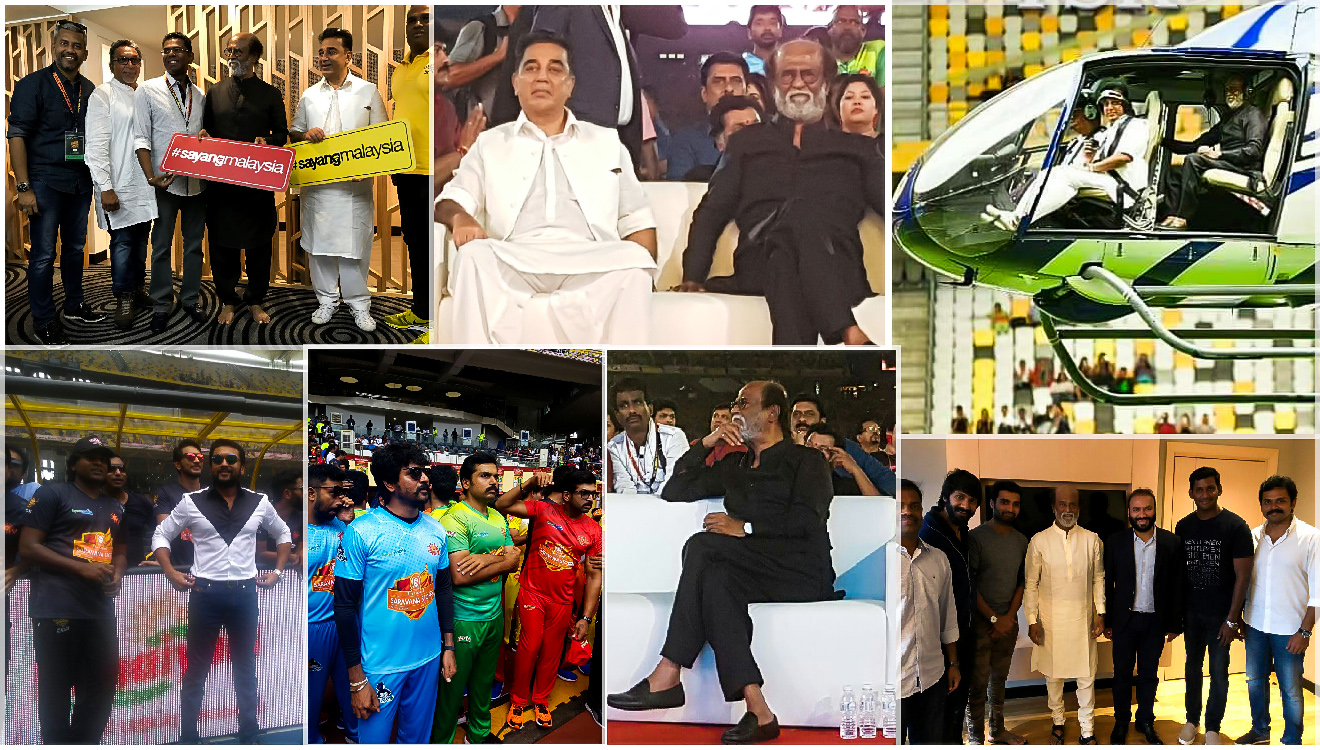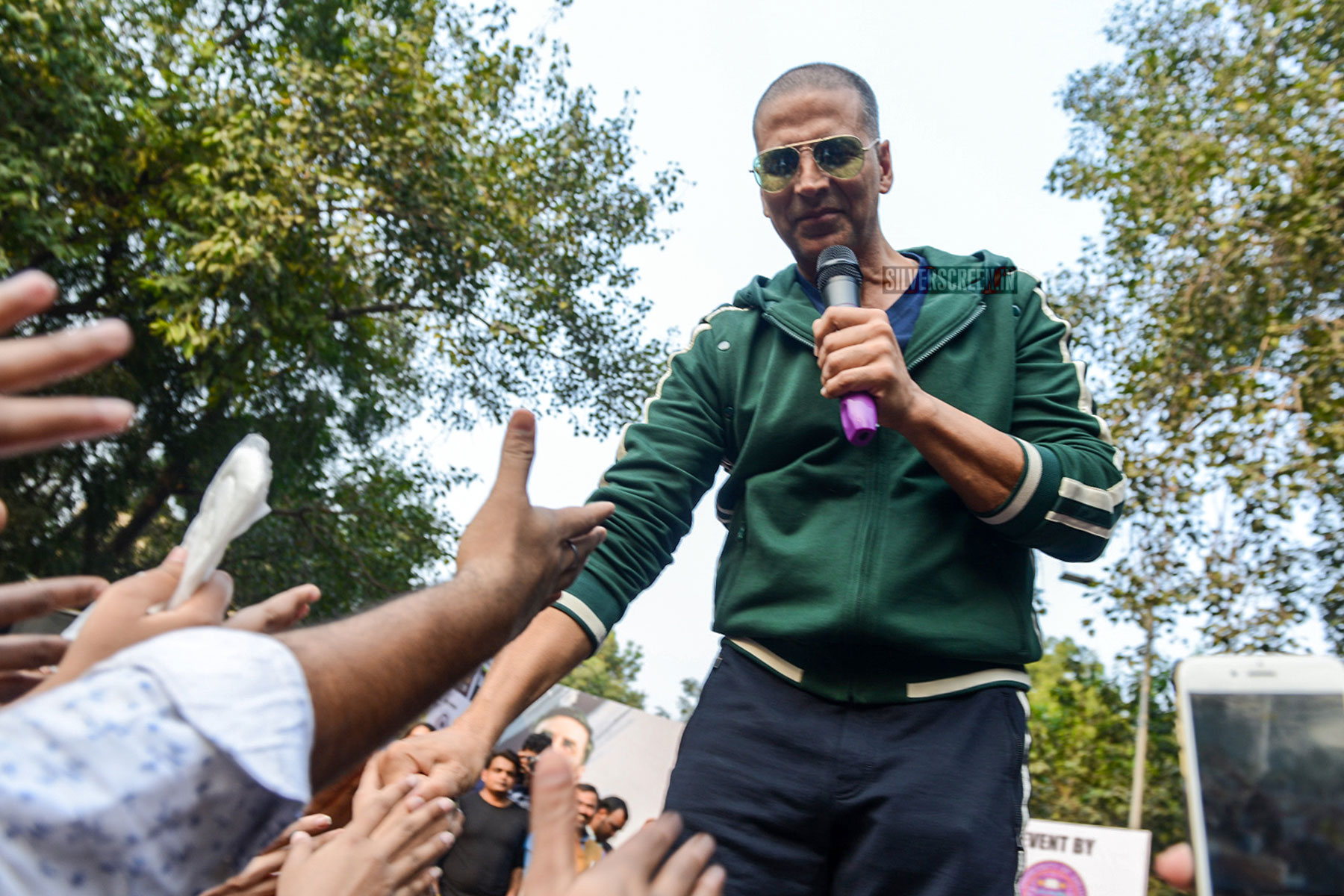You know this isn’t a usual mainstream film the moment you see the male lead enter. Just a few seconds into the film, after an aerial shot of the town where the story unfolds, he rides into the frame on a motorcycle casually, sans any background score or even a close-up shot. Blink your eye, and you lose him in the town’s multitude. In editor-turned-filmmaker B Ajithkumar’s Eeda [Here], characters are inextricable from the space where the tale is set in. The town is a cage; a black hole that mercilessly swallows the dreams and voices of the people who try to break away from it.
Eeda is a love story. Anand (Shane Nigam) falls in love with Aishwarya (Nimisha Sajayan) after a chance encounter in their hometown Kannur, on a Hartal day. Their relationship grows stronger in Mysore where he is a fresher in the insurance sector and she, a computer science student nurturing the ambition of travelling to the US for higher education. At first sight, it might look like their life is sorted – two well-educated and sensible individuals in love. But the reality is far from it. She belongs to a family of communist activists in Kannur, which is torn by political violence between the left and right-wing outfits. His close relatives and friends are ardent right-wing political party workers.
The love story that Eeda narrates isn’t anything novel. It takes the same Shakespearean tragic route as that of Ravi’s Annayum Rasoolum and Shanavas Bavakkutty’s Kismath. Even the song that sets the backdrop for the young couple’s blossoming romance has a tint of gloom. “Mizhi Niranju,” composed by eminent guitarist-musician John P Varkey, elicits a sense of foreboding. The final lines of the song, written by Anwar Ali, speaks of the couple’s dreams:
“Puzha Kadannu Pokam, Koottam Thetti Akalaam“
[Let’s cross over the river, let’s break away from the herd and flee]
It is the superior writing that makes Eeda stand out from the countless Romeo-Juliet adaptations. A little before the climactic part, you see Aishwarya sitting alone in her wedding marquee. The guests have left, and she has snubbed her husband who invited her to the bedroom. Nimisha, a fantastic actor, makes this part unforgettably heart-wrenching. You can almost hear her heart pounding, for she knows Anand is there somewhere nearby, dead or dying. Would a girl, deeply and inescapably in love, walk into a loveless marriage without trying one final time? The film understands its characters perfectly well. There is neither a familiar pattern nor a randomness in their actions. There is no loose end.
The crisis in the couple’s relationship is compelling. The violence in the people around them doesn’t come across as a hyperbole, but is organic. Even the seemingly gentle men have in them a capacity for violence that had been cultivated since their childhood. Upendran (Manikantan Achary) is a soft-spoken guy with a cherubic smile on a regular day. He is a great friend of Anand’s, probably the only person the latter can relate to in his hometown. He is also the furtive, innocuous lover to Pushapalatha (Surabhi). But, you can sense that deep down, he is a dagger-wielding right-wing activist, prepared to kill and be killed. “I would rather die like a leopard, than live like a dog,” he tells Anand in that same soft tone before leaving for the prison. Curiously, the person Upendran is most similar to in nature is Karippally Dineshan (Sujith Shankar) who belongs to his rival political outfit. In the big picture, none of these men look distinctly different.
One of the best parts of Eeda is its opening sequence which is a movie in itself. Aishwarya alights from the train and realises she can’t get a bus or rickshaw home because of a hartal declared by the Leftist political party whose activist was murdered the previous night. A co-passenger, a friend of her father, spots Anand outside the railway station, and requests him to take Aishwarya home. He agrees. During the ride home, they introduce themselves to each other, and discover that they live in the same city, Mysore. They have a cold argument on which route to take. He suggests they take an offbeat lane so that the hartal organisers don’t find them. “Let’s take the main road. How would you live if you fear the party men so much?” she says bluntly. They take the main road, have a brush with the party men at a junction, get chased by them, and eventually get stranded on a picturesque hill top where they smile at each other for the first time. Any and all bitterness in them melts away. You could feel the subtle changes in the dynamics of their relationship. They become a little more than just acquaintances, and their friendship is now founded on a tale of adventure.
In its final moments, Eeda takes the shape of an edgy film noir. The noose around the young lovers’ necks gets tighter. Even as you know that this will not end well for them, you keep your fingers crossed. The drama in the sequence tastes great. When they walk hand in hand, with a song in the backdrop ‘your sword can never destroy our love‘, you feel their pain.
Recommended
Eeda has a great cast. Shane Nigam is highly impactful as Anand. Grief and gentleness come effortlessly to the young actor whose character is similar to the one he played in Kismath. In Eeda, he is amply supported by his co-star, Nimisha who often outperforms him. The duo shares a great onscreen chemistry. For instance, in the scene preceding the song, “Mizhi Niranju,” they bring out the romantic tension between the characters, subtly and delectably, like seasoned actors. She is one film old, and he, just a little more.
Eeda isn’t an easy watch, for it ruthlessly breaks your heart. The personal tragedy outweighs the devastating politics which continue to feed on violence. Hope is bleak. But rarely has despair and tragedy been portrayed with so much restraint and craft the way Eeda is. In his debut, B Ajithkumar has accomplished something most filmmakers struggle with all their life – to be empathetic without losing out on the aesthetics of good cinema.
*****
The Eeda review is a Silverscreen original article. It was not paid for or commissioned by anyone associated with the movie. Silverscreen.in and its writers do not have any commercial relationship with movies that are reviewed on the site.



